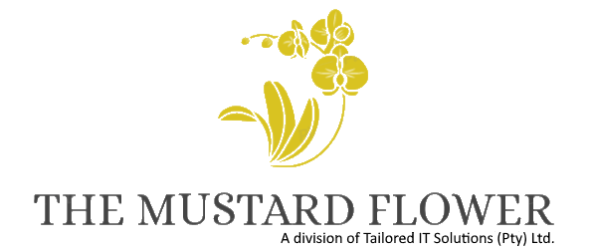Marketing platforms are tools that businesses can use to promote their products and services. They essentially allow companies to create effective systems of communication between themselves and their customers.
To successfully compete in the online marketplace, it’s important that businesses have at least a basic understanding of the different marketing platforms available and how they operate.
Below we discuss what marketing platforms are, the different types, and why they’re important.
What are marketing platforms?
Marketing platforms are tools that help businesses to build awareness, engagement and communities. Their main function is to help companies build strong relationships with customers. They also assist in helping to convert prospects into customers while showcasing a business’s products and services.
A good marketing platform is one that allows companies to target individual customers and personalise certain marketing messages.
Digital marketing tools, such as email marketing, website creation tools and social media sites are all marketing platforms that enable businesses to reach a large number of customers through content, public comments and shares. These digital marketing platforms also provide companies with the ability to execute multiple marketing tasks, such as online purchases, general optimisation and performance data tracking.
Why are marketing platforms important?
Marketing platforms are important for several reasons, some of which include:
1. Assisting in the buyer’s journey
Marketing platforms assist in the buyer’s journey by helping to identify where customers are in the sales process. Customising messages, specific to each stage, to simplify the customer decision-making process, while promoting certain products and services at the appropriate time.
2. Encouraging growth and allowing for scalability
Marketing platforms are helpful for bringing businesses and customers together. They also do a great job of enabling companies to grow their audience rapidly. This allows businesses to reach more target markets, grow their brand awareness and increase sales.
3. Accommodating online users
These days, consumers use online marketing channels such as emails and social media to do research and eventually purchase products. In addition, many users prefer to interact with brands via online messaging tools, as opposed to visiting a physical shop for help.
4. Leveraging technology
Most marketing platforms make use of artificial intelligence (AI) to effectively reach customers digitally. AI allows businesses to easily target specific audiences, increase value for customers and improve their marketing results.
Types of marketing platforms
There are many types of marketing platforms that help businesses improve their visibility and sales. These include:
Email marketing
Email marketing allows brands to build a community of warm prospects and offer useful content, sales and promotions. Making it an effective tool for building brand awareness and increasing conversion rates.
Email marketing tools are also able to provide businesses with detailed data analytics that help companies to see email open rates, customer conversion rates and split test emails more easily.
Social media marketing
Social media marketing allows brands to create and promote highly targeted social media campaigns that appeal to certain audiences. It also allows businesses to build communities and share their existing customer testimonials.
With social media marketing, brands can engage directly with customers as well as build customer loyalty and referral networks They can also create engaging content on social media that users will want to share, increasing brand recognition.
Content marketing
Content marketing platforms allow companies to track all stages of the buyer’s journey. For example, blogs and social media posts work to inform customers of products and services in the early stages of the buyer’s journey, while other social media posts might serve as a way to share testimonials and product links for those interested in making a purchase. Making marketing more efficient for businesses, since they are able to target customers using one channel.
Content marketing platforms like Semrush allow businesses to discover new content ideas and find out search volumes for a particular keyword. They also allow companies to check the progress of their content in real-time and write content with the help of an SEO writing assistant. In addition, the tool lets businesses track mentions, measure results and analyse and improve existing content.
Search engine optimisation
Search engine optimisation or SEO goes hand in hand with content marketing. Businesses can use highly targeted keywords together with other SEO tactics to optimise and increase their rankings in search engines. The highest-ranked sites generally perform better when it comes to online searches, so investing in an SEO marketing strategy will help to increase companies chances of bringing in more sales.
Pay-per-click ads
Pay-per-click or PPC ads allow businesses to buy ads on either search engines or other websites to attract customers. It should be the cornerstone of any online marketing strategy and requires staying up-to-date with the latest algorithm changes from Google.
Other benefits of PPC ads include:
- More opportunities for users to discover and visit a company’s website
- The ability to create customised ads, making it more cost-effective to reach audiences
- The ability to test and use real-time comparison checks to revise ads while they are running, if necessary
At the end of the day, there are many marketing platforms available to help businesses create, connect, engage, measure the results and ultimately sell to audiences. It all comes down to choosing the platform that best suits a company’s marketing strategy. It’s a good idea to experiment with different tools and tweak strategies to get the best results.






